Introducing Rabushka's Rules: Social Media Etiquette Series
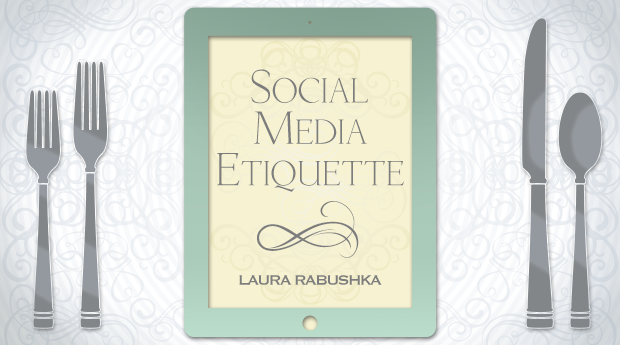
I recently had a very frank conversation with my 18-year-old brother after I came across his Twitter profile for the first time. Maybe this was the overbearing big sister in me taking over, but I felt like it was my personal duty to give him the "social media is big, and it's not going away" speech that my generation has drilled into my head. I was shocked to find out, all via his Twitter feed mind you, that my shy and reserved little brother had become the life of the weekend parties, had developed quite the potty mouth AND, to top it all off, was a week away from getting a tattoo on his back of Super Mario Brothers. (This was the same brother who very recently ran out of our doctor's office waiting room crying and hiding under desks in the hallway to avoid a routine shot.)
I'm not being judgmental here. In fact, I would support any decision of his that he was truly passionate about; however, none of these new "decisions" he was bragging about to the Twitterverse were HIM. I didn’t know where this was coming from, but the bigger problem was that he didn’t understand the consequences of this cool-man identity (slash immature 18-year-old attempt to fit in) that he was putting out there. He didn’t get that he was shaping his reputation with everything he tweeted, no matter how trivial a sentence seemed at the time...it all was a reflection of his person.
This shouldn’t be a newsflash because in my opinion it's very, very old news. So, old newsflash people: the virtual you is you. There is no faking, deceiving, hiding or avoiding it. Whether you’re an avid philosophical poster or you simply upload albums of your family vacays, everything that comes from your profile(s) embodies a form of you: your values, friends, beliefs, affiliations, opinions and experiences. That’s a pretty big deal. Yes, as I’ve found out, it’s hard to convince a social media newbie about the impact of social media before they’ve experienced the positive and negative consequences of their actions and interactions over time. Long story short, I am no Winston Churchill when it comes to speech giving, so my big sister advice went in one ear and out the other.
My brother remained silent on the other end of the line until I was done, said ‘okay’ and we ended the call. I was very pleased with my etiquette EDU session until I logged on to Twitter to see he had been live-tweeting about our conversation the whole time:
"If you have a problem with me, #1 way NOT to fix it is to stalk my Twitter then lecture me about it. #sorrynotsorry"
"Going on 15 minute phone call with my sister...She really just said: 'the virtual you' in reference to Twitter. #sorrynotsorry"
I may not be able to convince my brother of the value of social media etiquette yet, but there's no doubt in my mind that he will learn in due time because he went too far, or didn’t think before typing.
Why the Braves Are Still America's Team: A Lesson in Brand Integrity
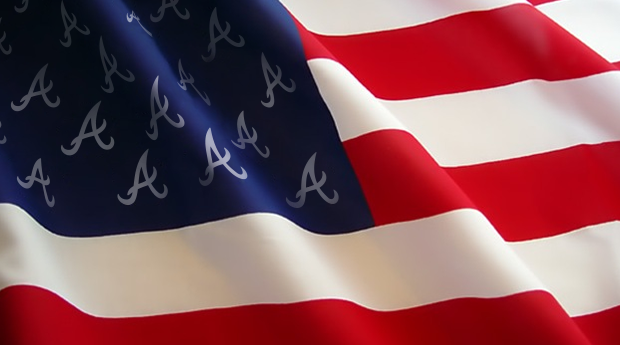
Across the nation, trucks are delivering cases of franks, guys are boning up on pitching rotations and spouses are breathing a collective sigh of dread for the beginning of the most glorious time of the year: baseball season. With 162+ games of slow, smoldering Americana ahead of us, nowhere is the excitement for the return of the boys of summer stronger than it is right here in Atlanta for our beloved Bravos.
Of course, there’s no shortage of Braves caps or Chief Noc-A-Homa shirts at any given time of the year in our office or anywhere around the A, but what about in Gulfport, Mississippi? That’s where my grandparents live, and I remember as a kid watching Braves games at their house with my grandfather, a professed Braves fan.
What about Nashville? Greenville? No other team, with the possible exception of the Red Sox in New England, has dominated a region of the U.S. like the Braves have done in the Southeast. There’s a reason that, despite an average payroll and only one championship to its name, the Atlanta Braves more than any other organization have come to be known as America’s Team, and it has more than a little bit to do with brand integrity.
Beyond Reach & Frequency: How To Do Retargeting Right
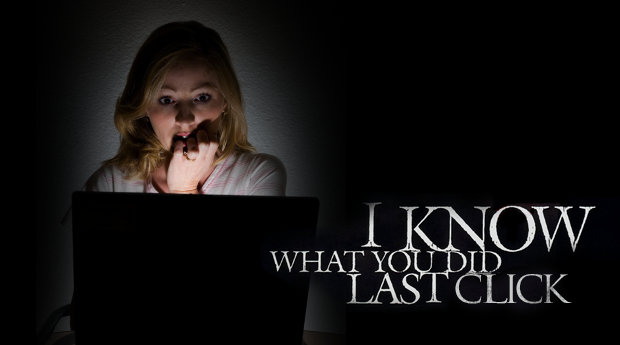
While versions of retargeting have been around for many years, it seems like 2012 was the year that everyone jumped on the retargeting bandwagon. Clients are clamoring for it and marketers all know it’s an essential component of a digital strategy.
Put simply, retargeting allows you to re-target your audience with custom ads based on their past history on your site or, in some cases, on other sites. So those ads you see that constantly show you the 5 products you just viewed on a site? Those are retargeting ads.
Can Facebook Really Take on Google in the Search Battle?
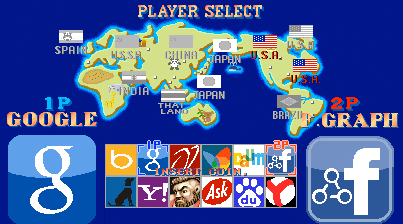
Every epic battle pits two worthy combatants in a winner-takes-all contest. Good versus bad. Protagonist versus antagonist. Many times there’s more hype than substance, but every now and then, we get to witness history.
The coming battle between Facebook’s soon-to-be unveiled Graph Search and Google’s search empire is being touted as one of the tech industry’s epic showdowns. Some people are even calling Graph Search the Google killer.
Friends Don't Let Friends Write SEO Copy
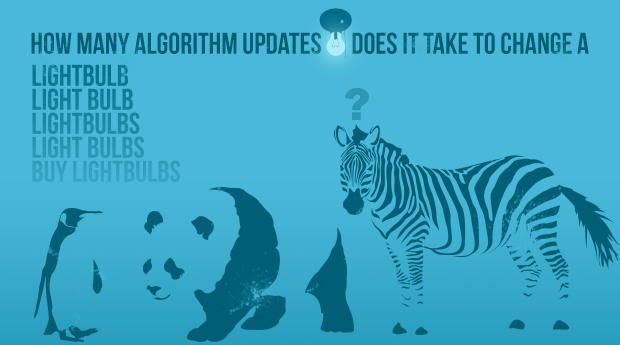
I’ve never been a big fan of the word “copy”. It sounds so cold and clinical, like something that gets churned out by a computer at a hundred thousand words per minute, or like some drab off-white paint you buy in buckets and roll over blank spots on a wall. But my biggest problem with the word “copy” is that it subtly implies some less than noble intent, as opposed to, say, just “writing”.
That’s because these days copy is so often reduced to being a tool in the SEO arsenal. It’s less about warmly guiding the user through your web site and more about boosting your rankings. What’s the keyword theme of your page? Is the copy optimized to broadcast appropriate authority signals to the search engines? Will the copy help your site rank highly in the SERPs? SEO first, user experience second. That’s the attitude.
Let’s be real—we’ve all had to write SEO copy before, and we’ll probably have to do it again. But it’s definitely something we should be working to extinguish for good. A copywriter’s job is to protect the integrity of the writing and, ultimately, the reader. Let the SEOs worry about search engine rankings. Let the designers design. We want to challenge agencies everywhere to stop filling websites with SEO copy and start filling them with great writing.
Not sure what the differences are between SEO copy and great writing (that also happens to be optimized for search)? No problem. Here’s what to look for:
Agency Life: An Indictment of the Hire & Fire Culture
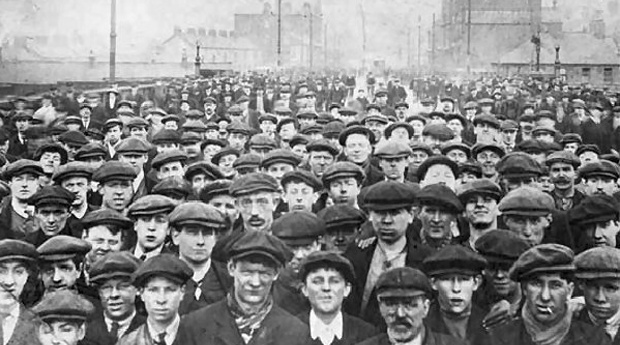
Most people know what it's like to get fired. It's happened to nearly everyone, even if it was just from a part-time job in college. And for those who don't know what it's like directly, you can probably imagine.
Getting fired sucks. It's a direct hit—to your self-esteem, to your self-worth, and to your ego. It's not just the loss of income, but also a loss of dignity. It hurts—even if you deserved it, even if you didn't want the job anymore, and even if your boss was a monster.
On the flip side, if you're a good person, being the one responsible for firing someone sucks as well. I usually can't sleep for weeks before someone gets fired, and the weeks after aren't much better. Firing someone is one of the most impactful things you can do to a person and should never be taken lightly or without due cause.
With that said, you can only imagine how I feel about the hiring and firing mentality that dominates digital agency culture. Not only is it disheartening, but the fact that this is the norm in the industry aggravates and confounds me.
Below are a few reasons why I disagree with this culture and how I think it can be changed for the better.